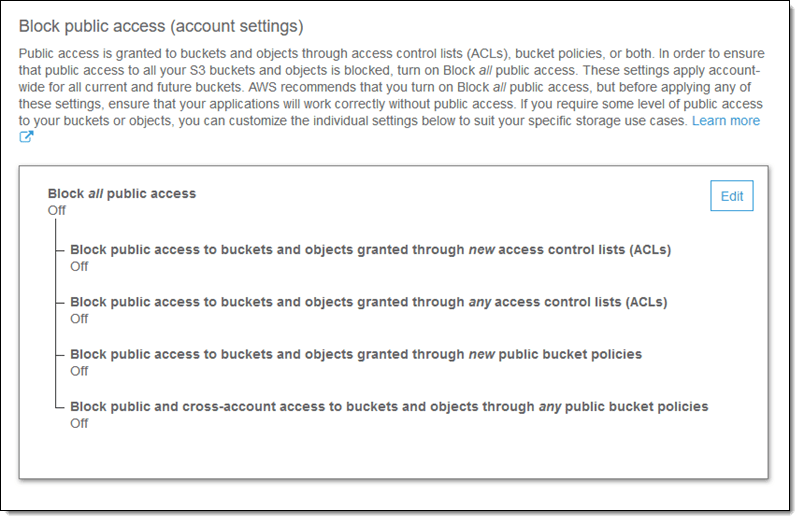Thefromkeys() method of dicttype is used to create a new dictionary with keys from a given iterable and values pre-filled with a specified default value.
The syntax is as shown below:
dict.setdefault(iterable, value = None)
The items in the created dictionary has the elements from the iterableas keys and the specified valueas the default value. If valueis not given, Nonewill be used.
keys = [1, 2, 3, 4, 5]
d = dict.fromkeys(keys)
print(d)
If the default value is given, the item’s values will be populated with the value instead of None.
keys = [‘one’, ‘two’, ‘three’, ‘four’, ‘five’]
d = dict.fromkeys(keys, 0)
print(d)
In the above example, we specified 0 as the default value to thefromkeys() method.
Note that the iterable argument can be any valid iterable not just lists. In the following example we use a range() for the iterable argument.
d = dict.fromkeys(range(5))
print(d)
Related articles
dict.update() method in Python
items(), keys() and values() methods in Python dictionary
dict.popitem() method in Python



